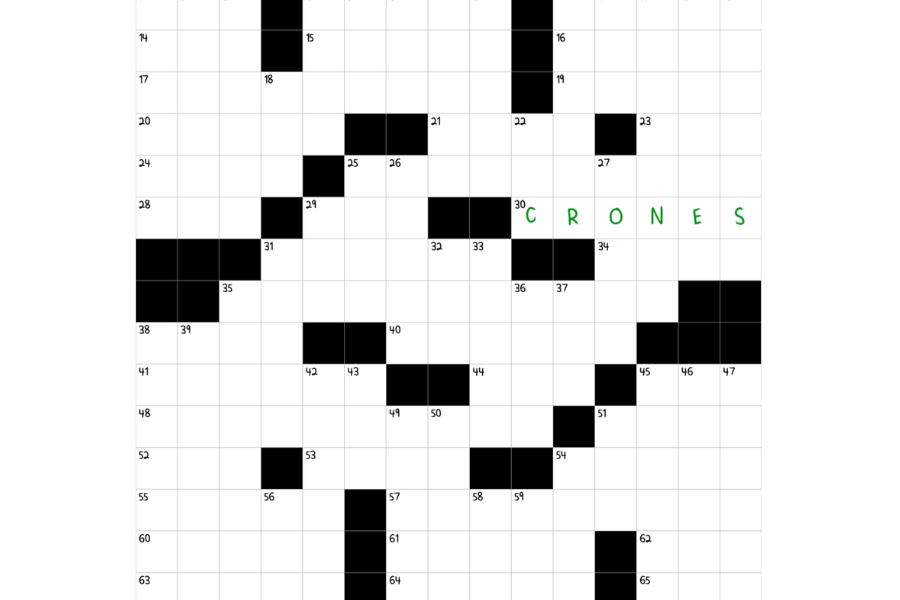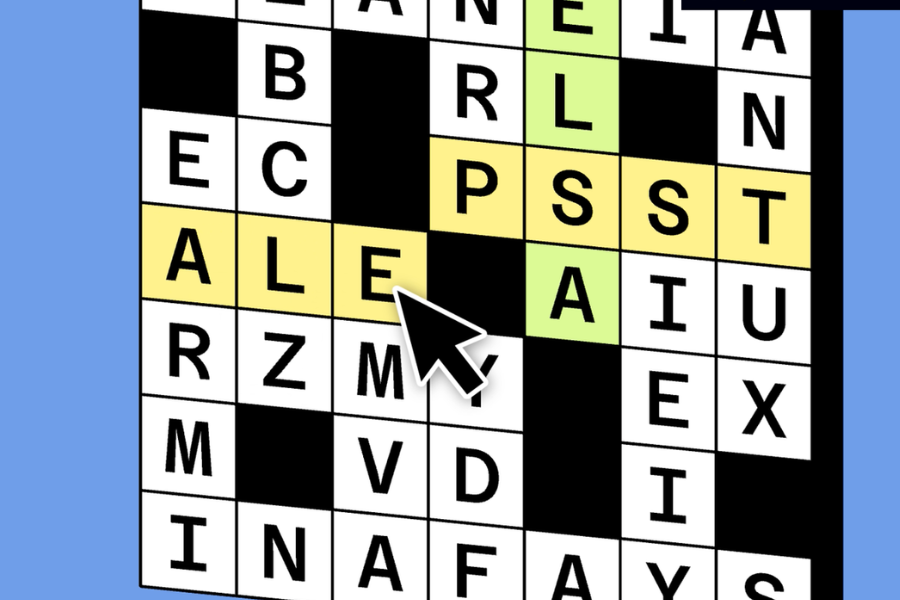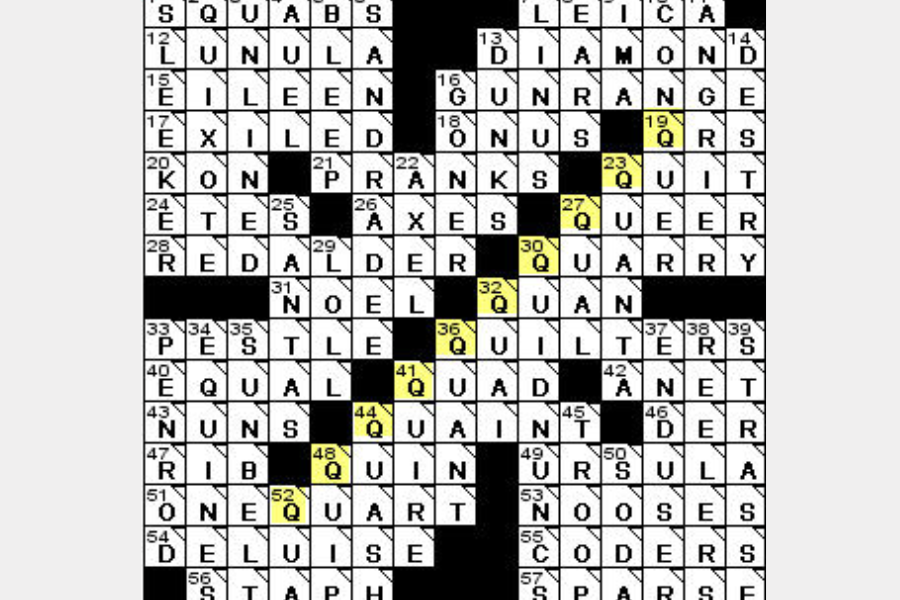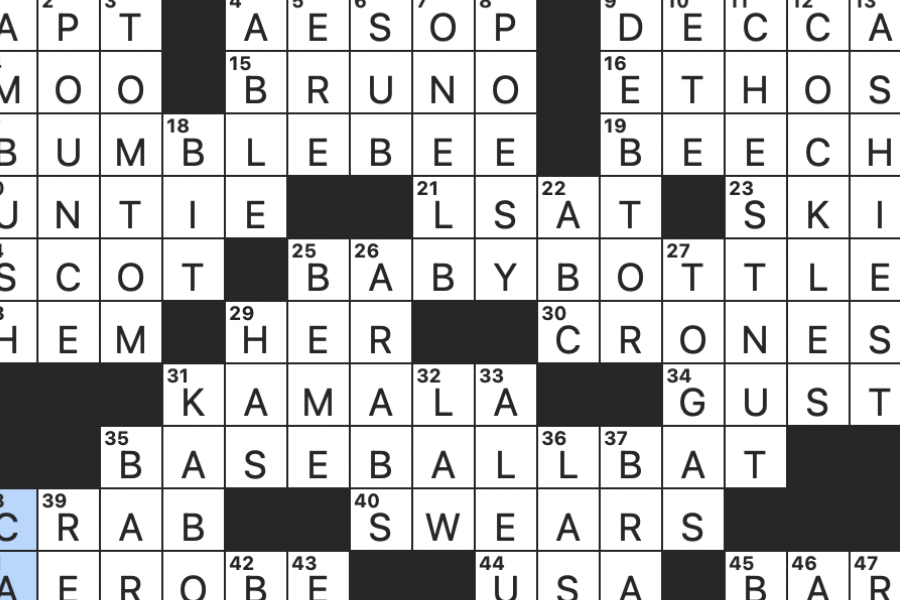Introduction: Unraveling The Mystery Of Beldames
Crossword puzzles have captivated word enthusiasts for generations, blending challenge, education, and entertainment. Among the intriguing terms that frequently appear in crossword puzzles, including the esteemed New York Times (NYT) Crossword, is “beldame.” Understanding the meaning and context of “beldame” not only enhances one’s crossword-solving skills but also offers a deeper appreciation of the English language.
“Beldame” refers to an old, often respected, woman, and sometimes carries connotations of wisdom or venerability. Historically, the term has been used in literature and folklore to depict elderly women, sometimes with a mystical or matronly aura. In the context of the NYT Crossword, recognizing “beldame” and its variations can help solvers decode clues more effectively, providing insights into the linguistic and cultural richness that crossword puzzles encapsulate.
The Meaning Of Beldame

Defining the Term
The word “beldame” is derived from Middle English and Old French roots, ultimately tracing back to the Latin word “bella,” meaning “beautiful,” and “dame,” meaning “lady.” However, over time, its connotation has evolved. In modern English, “beldame” generally refers to an old woman, often with a pejorative connotation implying age and decrepitude.
Linguistic Evolution
Historically, “beldame” was a term of respect, combining the affectionate “bel” (beautiful) with “dame” (lady). However, as language and societal attitudes towards aging evolved, “beldame” began to carry a more negative connotation, often used to describe an old, possibly cantankerous woman.
Historical And Literary Context
The term “beldame” has enriched various literary works, adding depth and context. For instance, in Shakespeare’s plays, “beldame” evokes imagery of age and wisdom, sometimes tinged with derision. Similarly, classic novels use the term to describe elderly female characters, enhancing the atmospheric and descriptive quality of the narrative. This literary usage underscores the multifaceted nature of “beldame,” reflecting both reverence and condescension towards older women.
Historically, “beldame” also mirrors societal attitudes towards aging and femininity. Recognizing its cultural significance allows crossword solvers to appreciate the depth and resonance the word brings to puzzles. Its presence in literature and crosswords not only enriches the solver’s vocabulary but also provides a window into historical and cultural perceptions of elderly women.
Beldame In NYT Crossword Clues
Common Clue Patterns
The NYT Crossword is known for its clever and often challenging clues. When “beldame” appears, it is usually clued in a way that hints at its definition as an old woman. Typical clues might include phrases like “ancient woman,” “old hag,” or “elderly lady.”
Examples from NYT Crosswords

Examining specific instances where “beldame” has appeared in NYT crossword puzzles provides insight into how the term is utilized. For example, a clue might read, “Old woman in a fairy tale” with the answer being “Beldame.” These clues often rely on solvers’ understanding of both the definition and the connotation of the term.
Solving Strategies
To successfully solve clues involving “beldame,” solvers can employ several strategies:
- Contextual Analysis: Consider the surrounding clues and the overall theme of the puzzle.
- Synonym Recognition: Identify synonyms or related terms that fit the clue’s description.
- Historical and Literary Knowledge: Leverage knowledge of classic literature and historical usage to infer the correct answer.
The Role Of Beldame In Crossword Puzzles

Incorporating terms like “beldame” adds complexity and nuance to crossword puzzles, challenging solvers to think beyond the obvious and engage with the richer aspects of language. These terms often serve as gateways to exploring historical and literary contexts, thereby enhancing the educational value of the puzzle and providing a more rewarding solving experience.
Encountering and solving clues involving “beldame” can also help solvers expand their vocabulary. Understanding its meaning and usage enriches their appreciation for the word and its place in the English lexicon, ultimately fostering a deeper connection with language and its multifaceted history.
FAQs Understanding Beldame In Crosswords
What is the definition of “beldame” in a crossword puzzle?
In crossword puzzles, “beldame” typically refers to an old woman, often with a connotation of age and sometimes decrepitude.
How often does “beldame” appear in the NYT Crossword?
While not an everyday occurrence, “beldame” appears with some regularity, especially in puzzles that incorporate historical or literary themes.
What are some common clues for “beldame” in crossword puzzles?
Common clues might include “old woman,” “ancient lady,” “old hag,” or “elderly woman.”
How can solvers improve their chances of correctly identifying “beldame” in a crossword clue?
Solvers can improve their chances by familiarizing themselves with historical and literary contexts, recognizing synonyms, and analyzing the overall theme of the puzzle.
Why is “beldame” significant in crossword puzzles?
“Beldame” adds depth and nuance to crossword puzzles, challenging solvers to engage with the rich tapestry of the English language and its historical evolution.
Conclusion
The inclusion of “beldame” in NYT crossword clues exemplifies the puzzle’s ability to blend language, history, and culture into a captivating challenge. By exploring the meaning, historical context, and application of the term, solvers gain a deeper understanding of the word and an enriched crossword-solving experience. This exploration not only enhances their vocabulary but also provides insights into societal attitudes and literary traditions.
As language continues to evolve, terms like “beldame” remind us of the ever-changing yet timeless nature of words and their power to convey complex ideas and emotions. Engaging with such words in crossword puzzles underscores the puzzle’s educational value and its role in preserving the rich tapestry of the English language.
Stay in touch for more updates and alerts visit: Greek Buzz!



















